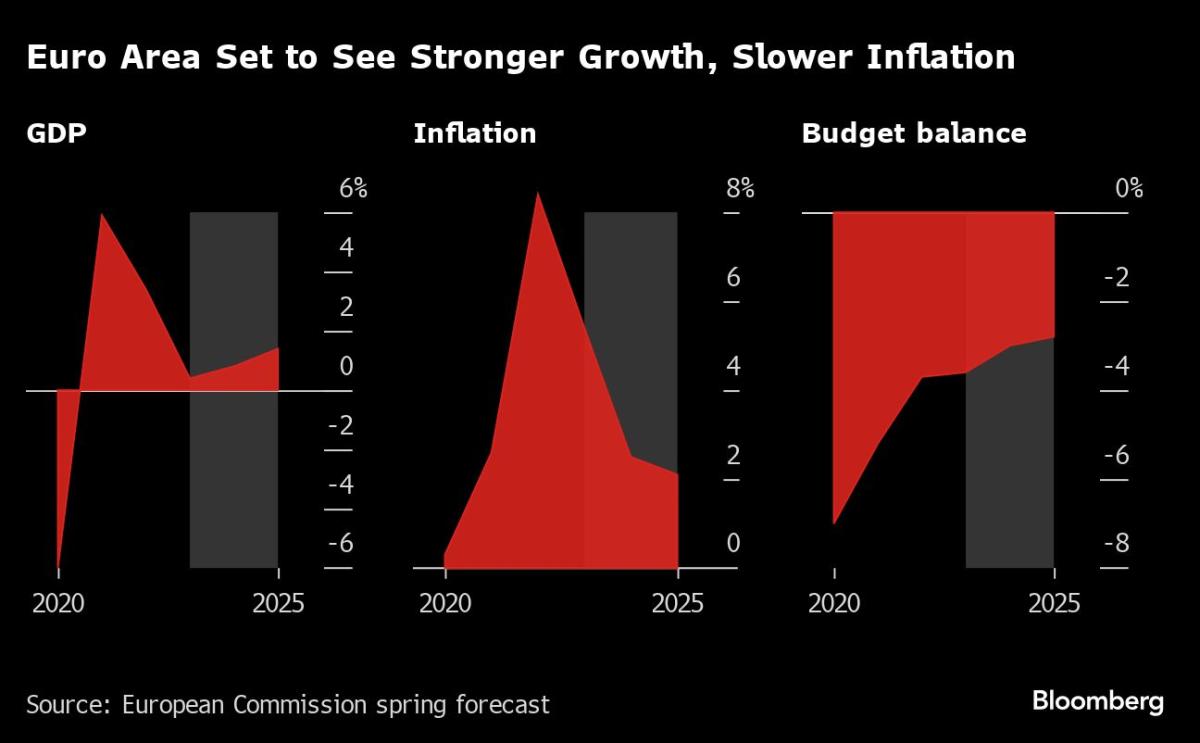A recent survey conducted by the Nuremberg Institute for Market Decisions in collaboration with the St. Gallen Symposium sheds light on young business leaders’ disenchantment with market-based climate action. The survey targeted 650 young leaders under the age of 35 and 250 experienced managers from large companies.
One of the key findings of the survey is that a majority of young people believe that sustainable economic transformation can only be achieved through a different economic and political system. This sentiment contrasts with the views of older managers, who are more optimistic about the future.
The role of markets and prices in addressing climate change is another area of contention raised by the survey. Younger generations seem to have little faith in market-driven solutions, with only 47% believing that a system collapse can be avoided. In contrast, older managers see new technologies as essential for climate action compared to their younger counterparts.
Despite this skepticism towards market mechanisms, the survey highlights the potential of emissions trading as an effective tool for reducing carbon footprints. The success of sulfur dioxide emissions trading in the United States and carbon trading in the EU demonstrate the power of market-based solutions in addressing environmental challenges. However, both young and established managers expressed doubts about their efficacy.
The survey results raise questions about the values instilled in young leaders by the older generation and institutions like the University of St. Gallen, known for its management training programs. The disparity in views between the two generations suggests a broader disillusionment with market-based approaches to climate change, emphasizing the need for a critical reassessment of current strategies and a more nuanced understanding of markets’ role in promoting sustainability.
Overall, this survey provides valuable insights into how young business leaders view market-based climate action and what factors are driving their opinions on this topic.
In conclusion, there is a growing divide between younger business leaders and established managers regarding market-based climate action. While younger generations tend to have less faith in these mechanisms’ ability to address environmental challenges, older managers may still see them as necessary tools for achieving sustainability goals.
To bridge this gap, it is crucial to reevaluate our current strategies and develop more nuanced understandings of markets’ role in promoting sustainability within organizations like universities or institutions dedicated to management training programs.
Ultimately, these efforts will help ensure that businesses remain competitive while also contributing positively to mitigating climate change’s impact on our planet.


